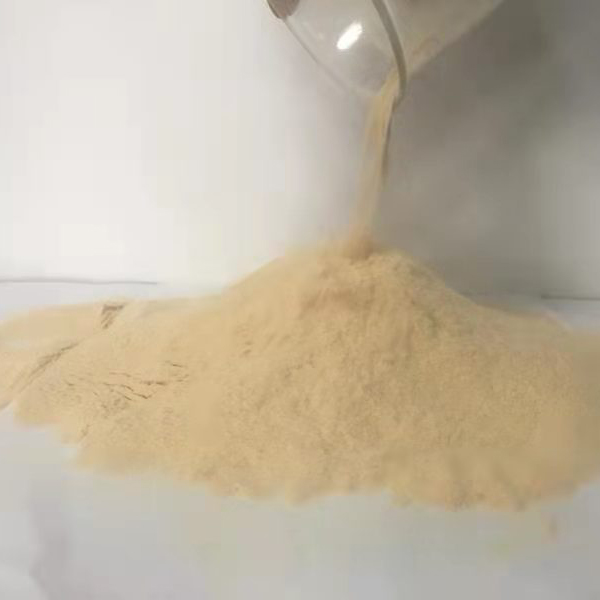
News
7월 . 23, 2024 14:33 Back to list
Exploring the Benefits and Applications of Micronutrient Coatings in Fertilizer Technology
The Importance of Micronutrient Fertilizer Coating
Micronutrients are essential elements that play a pivotal role in plant growth and development. Although they are required in small quantities compared to macronutrients, their presence is critical for various biochemical processes, including photosynthesis, enzyme activation, and hormone regulation. Micronutrient deficiencies in soil can lead to poor crop yield and quality, thus emphasizing the need for efficient fertilization strategies. One innovative approach to enhancing the availability and effectiveness of micronutrients is through the use of coated fertilizers.
Understanding Micronutrient Coating
Micronutrient fertilizer coating involves the application of a protective layer around granules of fertilizers that contain micronutrients. This coating serves multiple functions it helps in controlling the release of nutrients, protects them from environmental degradation, and enhances the overall efficiency of the fertilizer. The coated fertilizers can be tailored to release nutrients gradually, aligning with the nutrient uptake patterns of plants, thus promoting better growth and health.
Benefits of Coated Micronutrient Fertilizers
1. Controlled Release One of the most significant advantages of coated micronutrient fertilizers is the controlled release of nutrients. Traditional fertilizers can lead to nutrient leaching and runoff, which not only decreases their availability to plants but can also pollute water resources. Coated fertilizers mitigate this issue by allowing for a slow and steady release of nutrients that matches plant demands. This ensures that crops receive micronutrients at critical growth stages, enhancing their effectiveness.
2. Increased Availability Coating micronutrient fertilizers can improve the solubility and bioavailability of the nutrients. Some micronutrients are inherently less soluble in water, making it challenging for plants to absorb them. Coated forms often incorporate materials that improve nutrient solubility, allowing plants to more readily access these vital elements when required.
micronutrient fertilizer coating

3. Reduced Environmental Impact By controlling the release of micronutrients, coated fertilizers minimize the risk of nutrient runoff into water bodies, thereby reducing potential water pollution. This is particularly vital in sustainable agriculture, where reducing the environmental footprint of farming practices is increasingly important.
4. Enhanced Crop Quality and Yield Adequate micronutrient availability is crucial in maximizing crop yield and quality. Studies have shown that the use of coated micronutrient fertilizers can lead to improved crop health, greater resistance to diseases, and enhanced nutrient composition of the harvested crops. This can be especially advantageous in high-value crops, where quality is paramount.
5. Cost-Effectiveness Although coated fertilizers may have a higher upfront cost compared to uncoated ones, they can be more economical in the long run. The improved efficiency of nutrient use reduces the amount of fertilizer required, leading to cost savings for farmers. Furthermore, better yields can translate into increased income.
Challenges and Considerations
While the benefits of coated micronutrient fertilizers are substantial, there are also challenges that need to be addressed. The effectiveness of these fertilizers can vary based on the type of coating material used, the environmental conditions, and the specific crop requirements. Additionally, farmers must be educated about the appropriate application rates and timing to maximize the benefits of these products.
Conclusion
The advent of coated micronutrient fertilizers presents an exciting opportunity for modern agriculture. By ensuring the efficient delivery of essential nutrients, these innovative products can help farmers improve crop yields, enhance environmental sustainability, and contribute to food security. As research progresses and technology advances, the future of coated micronutrient fertilizers looks promising, paving the way for smarter, more sustainable farming practices. In conclusion, as the agricultural sector continues to confront challenges such as climate change and resource depletion, the adoption of coated micronutrient fertilizers could play a crucial role in fostering resilient and productive farming systems.
-
Polyaspartic Acid Salts in Agricultural Fertilizers: A Sustainable Solution
NewsJul.21,2025
-
OEM Chelating Agent Preservative Supplier & Manufacturer High-Quality Customized Solutions
NewsJul.08,2025
-
OEM Potassium Chelating Agent Manufacturer - Custom Potassium Oxalate & Citrate Solutions
NewsJul.08,2025
-
OEM Pentasodium DTPA Chelating Agent Supplier & Manufacturer High Purity & Cost-Effective Solutions
NewsJul.08,2025
-
High-Efficiency Chelated Trace Elements Fertilizer Bulk Supplier & Manufacturer Quotes
NewsJul.07,2025
-
High Quality K Formation for a Chelating Agent – Reliable Manufacturer & Supplier
NewsJul.07,2025
